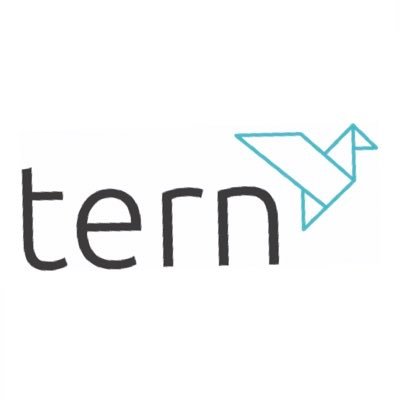An undercurrent of scepticism is stirring beneath the dazzling promises of big-ticket AI platforms, where generic models touted for every industry struggle to navigate the intricacies of healthcare discourse. Investors might be forgiven for assuming that off-the-shelf solutions can simply be repurposed to analyse conversations between clinicians and patients. Yet a closer look reveals that true advantage demands something far more finely tuned to the rhythms of drug development, regulatory scrutiny and patient safety.
Pharmaceutical and healthcare marketing teams are awash in unstructured chatter, from specialist roundtables to social-media exchanges, yet precious little of that wealth is useable without a framework that understands medical nuance, compliance constraints and the lived experience of treatment journeys. Drawing on vast real-world patient feedback and clinician dialogue, a purpose-built AI engine can transform raw data into intelligence that resonates with regulatory reviewers and informs commercial strategy. The key lies in a platform that learns not just common language patterns but the specialised vocabulary of adverse events, off-label inquiries and therapeutic efficacy. Guardrails embedded at every layer ensure outputs align with patient privacy standards and industry guidelines, preventing the too-familiar trap of black-box recommendations that lack audit trails and contextual justification.
Consider a scenario where a healthcare agency must craft a campaign for a newly approved oncology drug. Generic natural-language models might surface broad sentiment but struggle to distinguish between discussions of symptom management and deep insights on biochemical markers. In contrast, a domain-centred AI, that has been trained on curated regulatory submissions, peer-reviewed literature and anonymised patient narratives, can flag emerging safety signals, identify shifting prescriber preferences and anticipate questions likely to arise during advisory board presentations. Such specificity accelerates the path from insight to action, helping strategy teams demonstrate measurable impact without waiting months for manual analysis.
Behind this capability is a discipline-driven approach to AI development. Rather than treating algorithms as widgets to be plugged in, the most forward-thinking companies view AI as an evolving ecosystem that requires ongoing governance, continuous retraining and collaborative oversight from medical experts. Early adopters have learned that a model unmoored from domain constraints will quickly drift, yielding irrelevant recommendations and undermining stakeholder trust. By contrast, platforms built in close collaboration with pharmacovigilance officers, regulatory affairs specialists and marketing strategists evolve in step with real-world events, whether it is a shift in treatment guidelines, a sudden recall or the emergence of patient-led advocacy movements.
Ultimately, the advantage goes to those who appreciate that life sciences is not an off-the-shelf problem. It is a sector defined by rigorously enforced standards, dynamic real-world feedback loops and the imperative to protect patient welfare above all else. AI that lacks deep domain grounding may win plaudits in a generic demo but falters when faced with the legal and ethical demands of healthcare. By building a framework where data scientists, regulatory experts and medical practitioners co-author the model’s learning pathway, companies can harness the full power of conversational intelligence without compromising on safety or integrity.
Talking Medicines transforms vast streams of healthcare conversations into compliance-aware, medically relevant insights for pharmaceutical and marketing teams, enabling more strategic decision-making grounded in real-world patient and clinician experiences.
Tern plc (LON:TERN) backs exciting, high growth IoT innovators in Europe. They provide support and create a genuinely collaborative environment for talented, well-motivated teams.






































